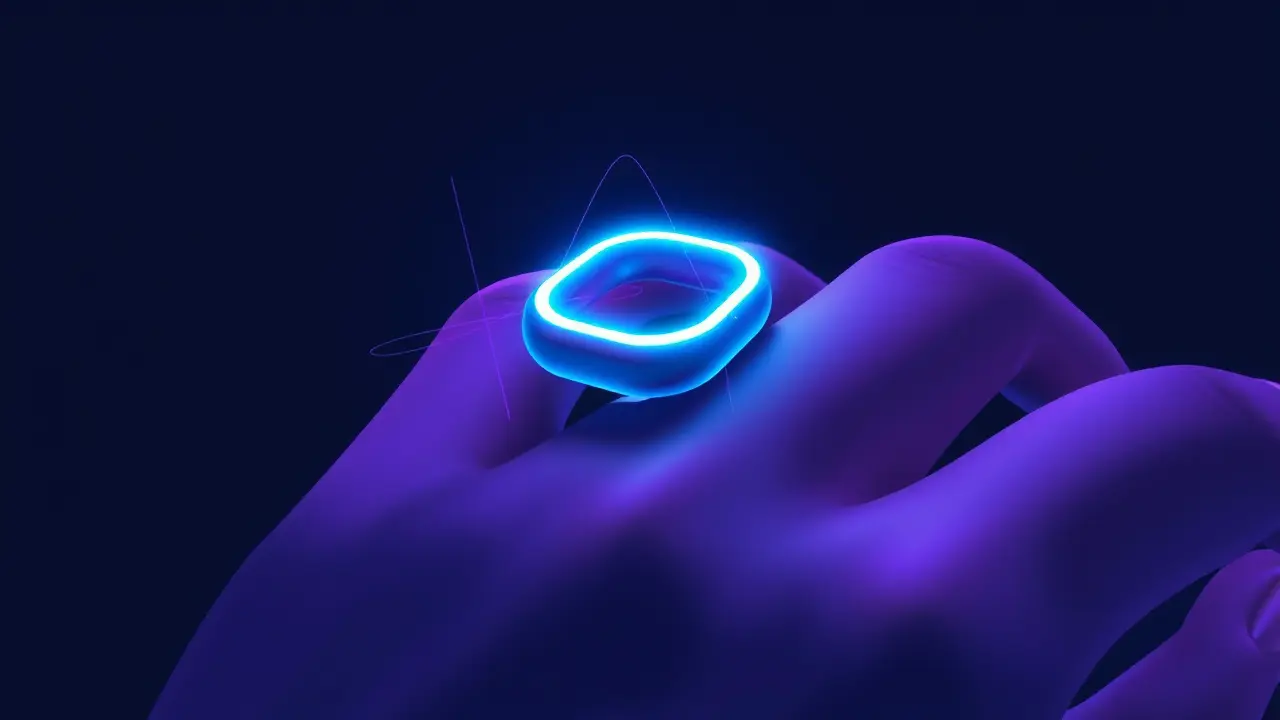
Hottest
AIchips & hardwareAI Accelerators
Former Meta Employees Launch Voice-Controlled Ring for Music and Notes
AN
Andrew Blake
14 hours ago7 min read6 comments
The landscape of personal technology is undergoing a quiet but profound shift, moving beyond the screens that dominate our lives and into the realm of ambient, voice-activated companions. It’s a trend I’ve been following with the curiosity of a Wikipedia deep-dive, and the emergence of devices from companies like Plaud and its card-shaped recorder, or the companion-focused pendants from Friend and Limitless, signals a collective yearning to offload the cognitive load of constant tapping and typing.Even the Bee wristband, now absorbed into the Amazon ecosystem, points to a future where our gadgets are less about commands and more about conversation. Into this fertile ground steps Sandbar, a new startup that feels like a fascinating next step.Founded by two former Meta employees who cut their teeth on interface design, their proposition is a voice-controlled ring, a piece of jewelry designed to handle the mundane yet essential tasks of capturing music snippets and voice notes with a simple utterance. This isn't just another gadget; it's a philosophical statement about human-computer interaction.Having spent countless hours falling down rabbit holes about the history of user interfaces—from the command line to the graphical user interface to the touchscreen—this feels like a potential inflection point. The ring form factor is particularly intriguing.It’s personal, always present, and far less intrusive than pulling out a phone, which invariably leads to a rabbit hole of notifications. These ex-Meta designers are essentially applying the lessons of social media's attention economy to solve its very problem, creating a device that aims for utility without the distraction.I find myself wondering about the broader implications. Could this be the seed of a post-smartphone world? We’ve seen the failure of products like the Humane AI Pin, which attempted to do too much, too soon.Sandbar’s focus on a few core functions—music and notes—is strategically sound, reminiscent of how the earliest iPods conquered the world by doing one thing exceptionally well. The success, however, will hinge on more than just design elegance.There are immense technical hurdles in packing reliable voice recognition and sufficient battery life into a ring, not to mention the privacy concerns of having an always-listening device on your person. How does it differentiate between a command to record and a casual conversation? Where is the data processed and stored? These are the critical questions that will determine whether Sandbar becomes a footnote in tech history or the prototype for a new wearable category.Furthermore, the competitive landscape is already crowded. Amazon has its Alexa ecosystem, Apple is deeply invested in Siri and its wearables, and Google’s Assistant is embedded everywhere.A small startup must offer a seamless experience that these tech titans, with their vast resources and data silos, have struggled to perfect. Yet, there's a romantic appeal to the underdog, to the possibility that a small team with a focused vision can outmaneuver the giants.It brings to mind the early days of Nest, before it was acquired, when it reimagined the humble thermostat. Perhaps Sandbar is aiming to do the same for the personal assistant—making it not a hub in your home, but a whisper on your finger. As I piece this together, it feels like we're watching the early rehearsals for the next act of computing, where the interface fades into the background of our lives, and our relationship with technology becomes more intuitive, more human, and perhaps, if companies like Sandbar get it right, a little less intrusive.
#voice hardware
#wearable tech
#music control
#voice notes
#startup
#Sandbar
#former Meta employees
#hottest news
Stay Informed. Act Smarter.
Get weekly highlights, major headlines, and expert insights — then put your knowledge to work in our live prediction markets.
© 2025 Outpoll Service LTD. All rights reserved.